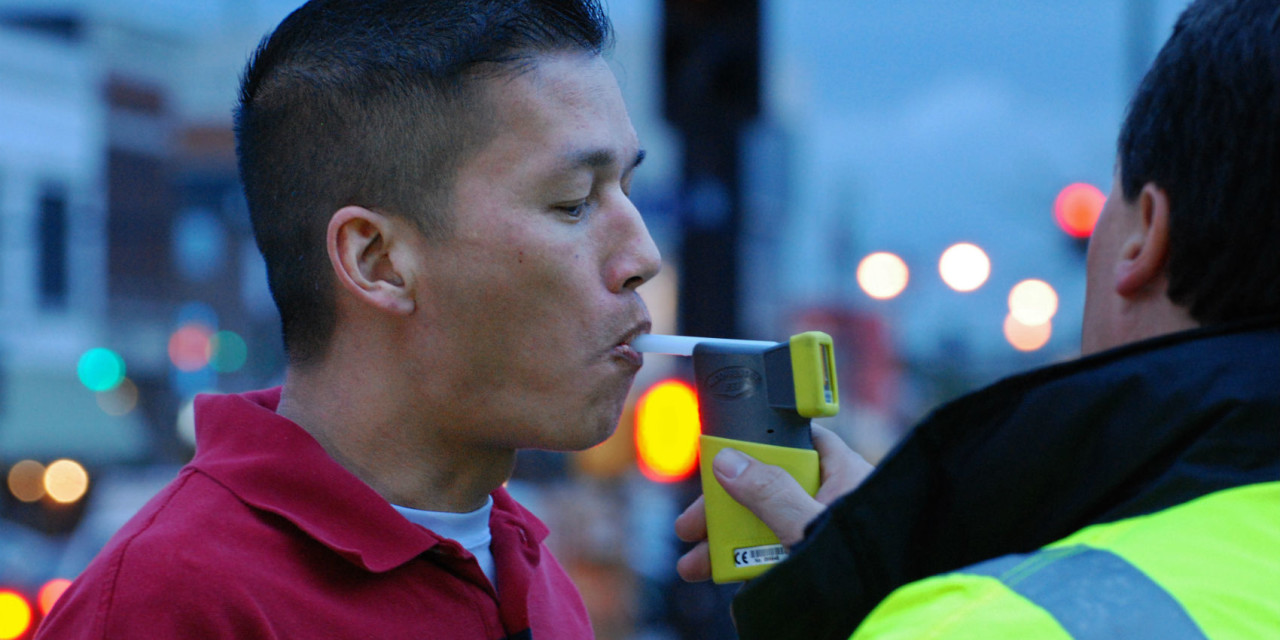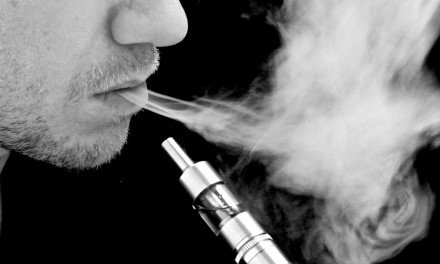Four Western States and the District of Columbia have now legalized recreational marijuana, and nineteen other states currently have laws legalizing marijuana in some form. The growth is only beginning with many more states expected to legalize marijuana for recreational use in 2016. This growing legalization brings with it multiple questions about safety and driving while high.
By now, we all know not to drink and drive. It has become relatively common knowledge that the legal limit for alcohol while driving in all states is a .08, or around 3 drinks dependent upon your weight. However, smoking and driving is where the line becomes a little fuzzy. One of the biggest problems law enforcement is having with stoned drivers is not having a way to immediately detect the level of THC in someone’s body. While a handheld breath test can quickly determine whether someone is legally drunk based on ethanol in the breath, there is no instant test for marijuana intoxication. In Washington State, law enforcement can seek a warrant for a blood draw to test THC, but results can take weeks to come back from the lab.
In comes Herb Hill, a chemistry professor at the Washington State University in Pullman. After realizing a gap in the marketplace, Hill and his colleagues have gone after the task of creating a hand held device that police officers can use to detect THC in breath. Initial testing has found that their device does in fact work, but much more testing is ahead to look at potential variations among gender, race, body types and amount of use.
The technology behind this devise is called ion mobility spectrometry and is created from modified existing sniffers used by airports and the military. While plans are to eventually use the device for full proof of intoxication, it will need to begin by being the initial step in the process, giving police officers the go ahead to take a blood sample.
Hill and his colleagues realize that this device needs to have the highest level of accuracy and reliability for trust and confidence of use. The last thing law enforcement wants to be doing is falsely arresting innocent people. With this said, it is evident that the amount of testing required will not put any roadside breath tests for THC on the road for several years.
Outside of breath tests, companies and research teams are looking at other alternatives such as cheek swabs, saliva tests, smartphone-based eye scans, and analyzing sweat on a persons skin. Outside of the WSU team, other companies are also currently trying to perfect the breath test including Lifeloc Technologies of Colorado and Cannibix Technologies Inc.
Once these devices have passed a variety of accuracy and reliability tests, the line around driving while high will become much more clear.
Alcohol/ Marijuana Double-Breathalyzer
An Oakland company working with scientists from the University of California at Berkeley is claiming a breakthrough in the race to develop an instant roadside marijuana breathalyzer…





Recent Comments